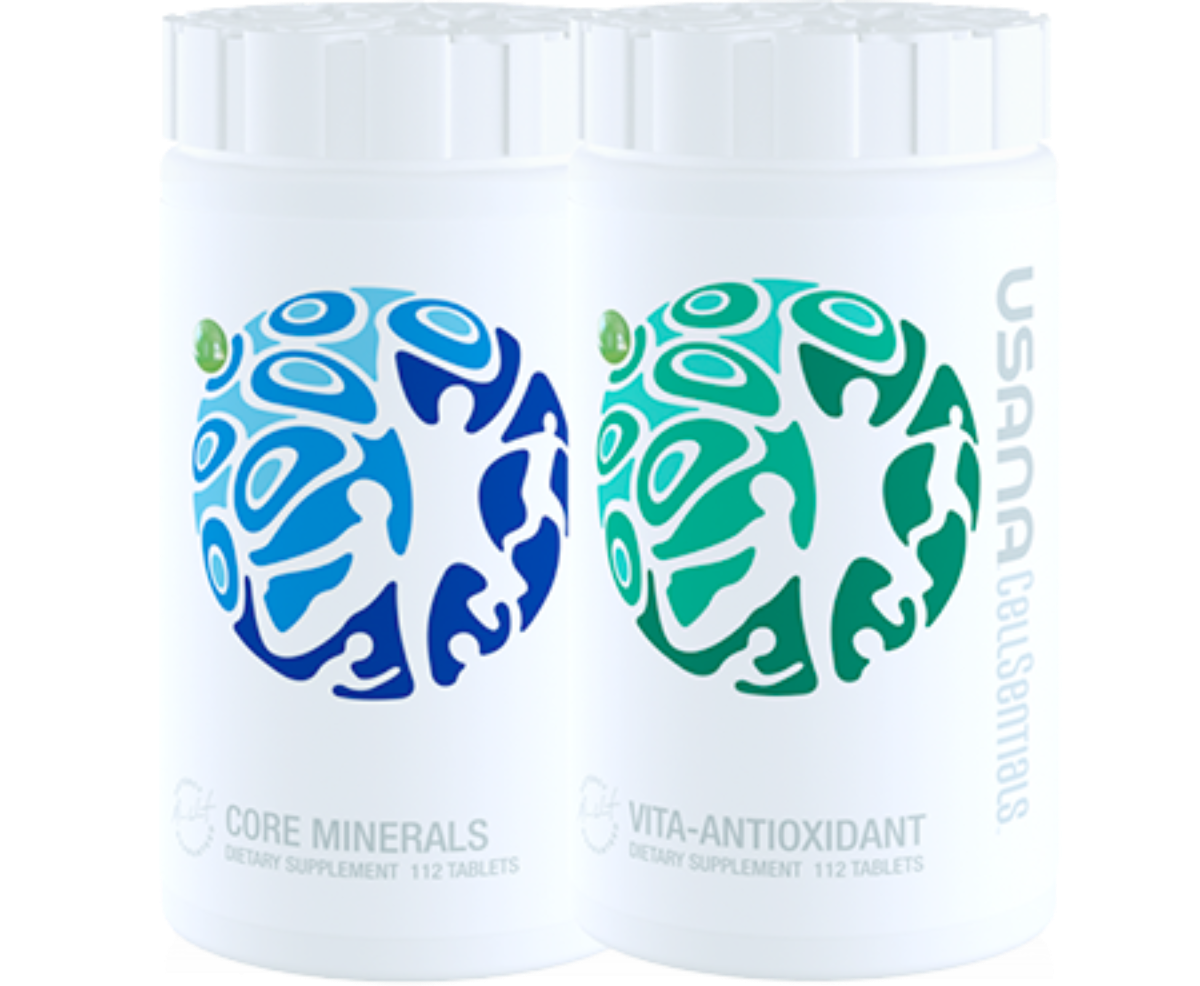
A Guide to Vitamin C: Things to Know This Important Nutrient
What things should I know about Vitamin C?
- What is Vitamin C?
- What are the potential benefits of Vitamin C?
- How much Vitamin C do you need?
- What foods are rich in Vitamin C?
- Should you take a Vitamin C supplement?
Vitamin C is the most common nutrient found in many foods, such as fruits and vegetables. It’s also a vitamin that our body needs, which is why it can be found in many supplements, skin products, medicines, and just about everything geared to improve our overall health.
But, how much do we know about Vitamin C? There’s a lot that people don’t know about this essential nutrient, so this post will let you in on all the important things to know about Vitamin C.
Our body needs more than just carbohydrates, proteins, and the right amount of fat to thrive. This vitamin supports our brain and nerves by helping our several hormones. Let this post be your guide about Vitamin C!
What is Vitamin C?
Vitamin C is better known as ascorbic acid. It’s a water-soluble vitamin that we cannot synthesize. Meaning, that it can’t be stored so we must get it from a variety of foods and health supplements. It’s also best known as an antioxidant, which means it fights off free radicals and has many functions for our body’s health — which we’ll get into later.
What are the potential benefits of Vitamin C?
Vitamin C can be used in many different bodily functions — which means it has loads of potential benefits.
One example is that your heart uses Vitamin C to fight against both low blood pressure and hypertension. Another example is that Vitamin C is used by your immune system to both protect itself from viruses and bacteria and also to help your body recover faster from illness. Vitamin C is also used by white blood cells to immune cells to properly identify and attack foreign pathogens in our body.
Vitamin C also interacts with many other nutrients, such as collagen. It’s used both to help synthesize collagen and to boost natural collagen production. This means Vitamin C is crucial for the health of your tissues, skin, nails, and hair.
Vitamin C also helps your body use iron, which helps boost red blood cell function and prevents iron deficiency. It can also be used by your brain and its many brain functions, which keeps your cognitive functions quick and effective.
Vitamin C even supports your oral health. It’s great for your teeth, and an excellent vitamin for your gums! Vitamin C is essential for keeping the connective tissues in your gums healthy and strong—which means deficiencies can lead to bleeding gums and gum disease.
As you can see, it has many important roles in your body’s overall function and health. This makes it one of the most important vitamins you can take!
How much Vitamin C do you need?
Because it’s used so widely throughout your body, you need a lot of this vitamin daily. Doctors recommend anywhere between 65 to 90 mg of Vitamin C daily for adults. However, certain groups, such as pregnant people, those with immunodeficiencies, athletes, and others should take more Vitamin C, due to their unique health requirements.
If you have certain vices, such as smoking, you may also need to take more Vitamin C daily. This is because smoking and other similar activities introduce more free radicals into your body. As a result, your body may need more Vitamin C to fight them off and prevent adverse health effects.
If you’re an adult, be wary of taking Vitamin C. Remember not to exceed 2,000 mg per day because it will result in diarrhea. The recommended plan to take this vitamin is to undergo a balanced diet with Vitamin C-rich foods.
What foods are rich in Vitamin C?

Now, let’s talk about what foods are rich in Vitamin C. Contrary to popular belief, oranges are not the only good source of Vitamin C out there. Many vegetables and fruits are packed with this essential vitamin!
Foods like red and green peppers, grapes, kiwi, broccoli, tomato, strawberries, and cantaloupe are excellent natural sources of this nutrient. However, Vitamin C is sensitive to heat. So you might want to look into eating raw green dishes, such as salad, to get that extra-powerful dose of Vitamin C you’re looking for.
Should you take a Vitamin C supplement?

If adding all these greens to your diet is difficult (and expensive), then you might want to consider taking a Vitamin C supplement.
As mentioned earlier, it is water-soluble, which means your body can readily absorb it no matter where it’s coming from — even when it’s in a tablet.
So, you can try a quality vitamin c tablet, or a multivitamin to meet your daily Vitamin C needs. If you want to try the best supplement there is, then take Essential Supplements’ CellSentials! It’s not only packed with the right amount of Vitamin C but also other helpful vitamins that can keep your body healthy and fit in all aspects! For only P3,250.00, you’ll get 224 tablets of this powerful multivitamin. Our bestseller Vitamin C supplement is essential for your nutrition!
Key Takeaway
Vitamin C plays several crucial roles in our bodies. Staying fit, looking young, having healthy skin, and also preventing several chronic diseases are some of the many things to know about Vitamin C.
Now is your time to try our product and start your journey to a healthier, fitter lifestyle. Ensure your health by purchasing CellSentials from Essential Supplements today.
Other Blogs

5 Energy-Boosting Vitamins Women Should Take
What are the essential energy-boosting vitamins women should take? Vitamin B-12 Vitamin D Iron Magnesium Vitamin C Overview This article talks about the different energy-boosting vitamins women should take for better health. It explains how various nutrients can help support their ability to maintain energy while also enhancing their overall wellness. These vitamins are important […]
READ MORE
Do I Need Vitamin D During the Summer?
Overview Taking care of your health doesn’t stop when the sun is out. Many people wonder whether they still need supplements during the summer season. In this article, readers can discover whether they need to take Vitamin D in the warmer months. The lack of Vitamin D can result in various conditions related to bone […]
READ MORE
Pro-Tips to Stay Healthy This Summer
What are pro-tips you should follow to stay healthy this summer? Boost immunity by taking vitamin C Strengthen bones and mood with vitamin D Stay hydrated throughout the day Reapply your sunscreen Dress for the heat Stay active Overview Sunny days come with challenges, but staying healthy in the heat is easy with the right […]
READ MORE